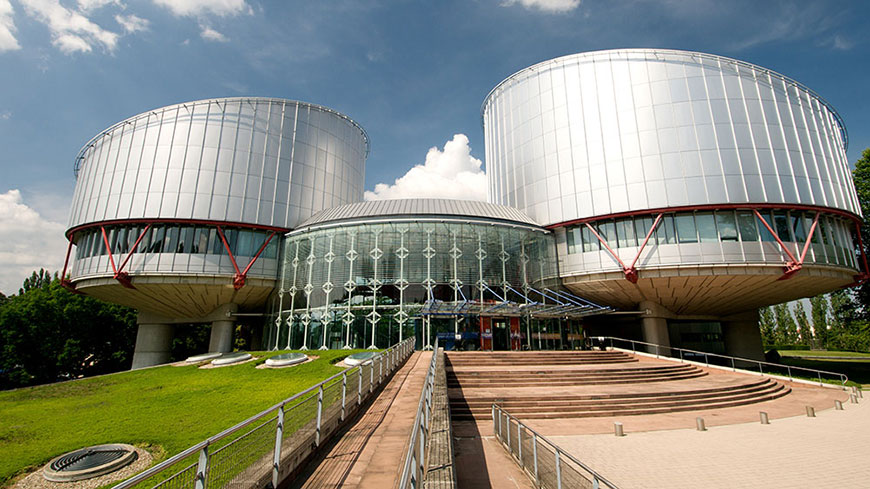A communication by the Hungarian Helsinki Committee and Amnesty International shows that due to the legal and institutional structures created by the governing majority, the chilling on the freedom of expression of judges effect is encoded in the Hungarian court system, and Hungary has failed to adopt guarantees to avoid retaliation against judges voicing criticism in relation to the independence of the judiciary.
In 2012, the mandate of the President of the Supreme Court, András Baka was terminated three and a half years before the end of his regular term, allegedly because of the “reform” of the court system. However, the European Court of Human Rights found in the Baka v. Hungary case in 2016 that his early dismissal was instead “prompted by the views and criticisms that he had publicly expressed in his professional capacity” about legislative steps. This violated not only Mr. Baka’s freedom of expression, but exerted a “chilling effect” also on other judges and court presidents.
The Committee of Ministers, monitoring the execution of the judgment in the Baka v. Hungary case, recommended already in 2017 that Hungary takes measures to lift and countervail the “chilling effect” of the violation in the Baka v. Hungary case on the freedom of expression of judges, but no avail. As shown also by the Hungarian Helsinki Committee’s communication from August 2019, judges have been facing retaliatory measures and media attacks once again for voicing professional criticism in the years following the judgment.
In its September 2019 decision, the Committee of Ministers noted “with grave concern” the reports suggesting that the “chilling effect” on the freedom of expression of judges and court presidents in general “has not only not been addressed but rather aggravated”, and “urged the authorities to provide information on the measures envisaged to counter this ‘chilling effect’ in order to fully guarantee and safeguard judges’ independence and freedom of expression”.
The Baka v. Hungary case will be on the agenda of the Committee of Ministers again in September 2020. Ahead of the meeting, Amnesty International Hungary and the Hungarian Helsinki Committee submitted a communication to the Committee of Ministers, showing that the Government of Hungary has failed to comply with the decision of the Committee of Ministers as follows:
- The Hungarian Government has failed to take any measures to counter the “chilling effect” of the violation of Article 10 of the European Convention on Human Rights in the underlying Baka v. Hungary case, and has failed to adopt any guarantees to avoid any retaliation against judges publicly voicing criticism in relation to the independence of the judiciary in Hungary.
- The governing majority has systematically undermined the independence of the Hungarian judiciary since 2011. The legislative and organisational steps taken by the Hungarian executive and legislative authorities, and the ensuing legal and institutional changes have heavily contributed to the chilling effect amongst Hungarian judges. Due to the prevailing legal and institutional structures, the chilling effect is encoded in the current court system.
- In addition to organisational developments regarding the judiciary, vaguely formulated internal policies coupled with attacks on individual judges in the media has contributed to a palpable chilling effect amongst judges, which materializes e.g. in a fear that prevents judges from speaking up or protesting administrative decisions and laws affecting the judiciary.
- The legislation fails to guarantee that judges who are unlawfully dismissed are to be reinstated into their previous judicial leading administrative position if the court orders their reinstatement as judges.

